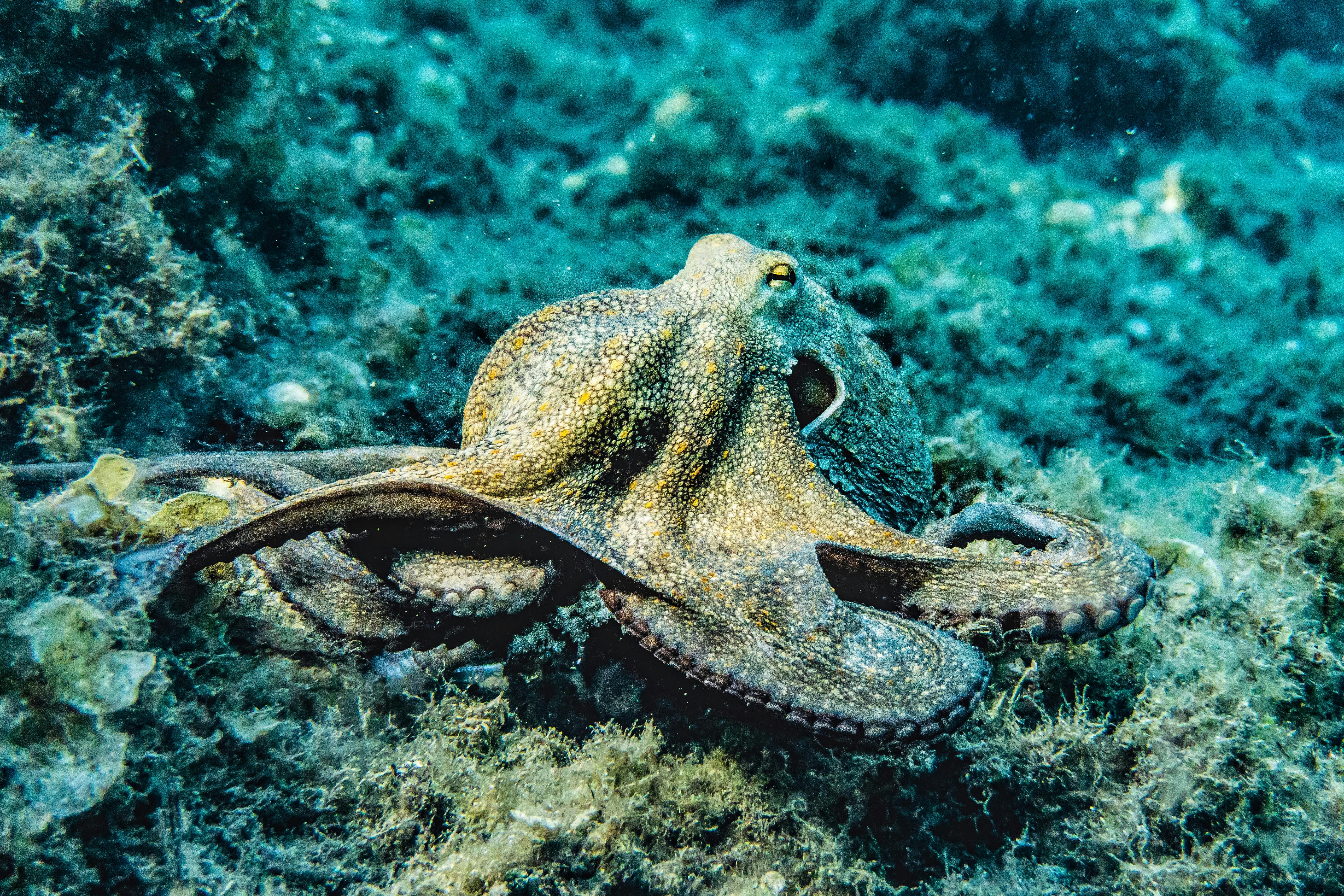The Fascinating World of the Octopus - An Insight Into their Intelligence and Behavior
If you've ever marvelled at the intelligent antics of an octopus, you're not alone. This aquatic marvel not only boasts an impressive array of physical adaptations, but it also displays remarkable cognitive abilities that intrigue scientists worldwide. Let's dive into a deeper understanding of the octopus - a creature that never ceases to amaze.

The Octopus: A Brief History and Key Developments
The octopus belongs to the class Cephalopoda, which includes other intelligent marine creatures like squids and cuttlefish. The earliest octopus fossils date back to the Carboniferous period, approximately 296 million years ago, and they have evolved into over 300 species today. Their evolution has resulted in several significant adaptations, including advanced camouflage abilities, complex nervous systems, and problem-solving skills.
Current Updates on Octopus Research
Recent research has provided intriguing insights into the octopus’s cognition. A study by the Marine Biological Laboratory in Woods Hole, Massachusetts, demonstrated that octopuses could learn to manipulate objects, indicating an understanding of cause and effect. Furthermore, scientists from the University of Cambridge discovered that octopuses exhibit playful behavior, a trait associated with high cognitive abilities.
Octopus-Related Products and Their Market Impact
Octopus-inspired products are making waves in the market. From octopus-themed home décor to educational toys, these items are in high demand. Additionally, octopus aquariums have become popular among marine enthusiasts, with prices ranging from a few hundreds to thousands of dollars, depending on size and complexity. These products not only cater to the interest of consumers but also contribute to raising awareness about these fascinating creatures and their conservation needs.
Backed by Research: Intelligence of the Octopus
Scientists have long been fascinated by the octopus’s intelligence. Studies have shown that they can navigate mazes, solve puzzles, and even escape from their enclosures - feats that require both spatial memory and problem-solving skills. They also display short- and long-term memory abilities. These findings, backed by extensive research, highlight the advanced cognitive capabilities of the octopus, positioning them as one of the most intelligent invertebrates.
Making the Complex Understandable: Octopus Behavior and Intelligence
While their intelligence is undeniable, understanding octopus behavior can be a complex task. Their ability to change color and texture for camouflage, their use of tools for protection and hunting, and their solitary nature all contribute to their unique behavioral traits. By breaking down these behaviors, we can appreciate the advanced cognition of the octopus and their remarkable adaptability to their environment.
Crafting a world view from the octopus perspective can be a challenging endeavor. However, through detailed understanding and research-based insights, we can unravel the mysteries of this fascinating marine creature. Their intelligence, behavior, and adaptability not only make them a captivating subject of study but also underscore the vast potential for discovery that lies within our oceans.




